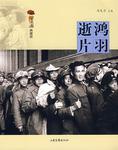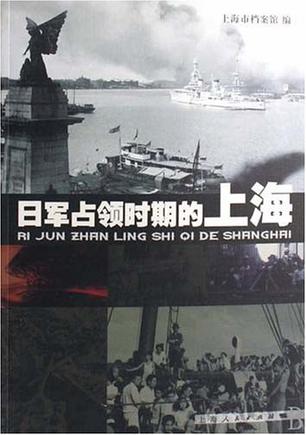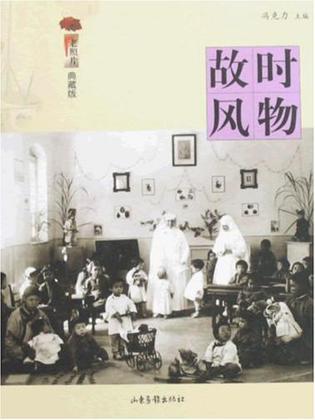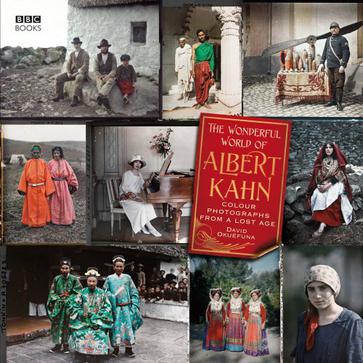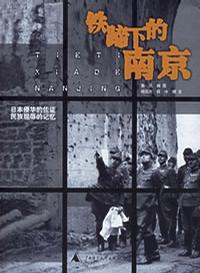The Wonderful World of Albert Kahn
David Okuefuna
In 1909 the millionaire French banker and philanthropist Albert Kahn embarked on an ambitious project to create a colour photographic record of, and for, the peoples of the world. As an idealist and an internationalist, Kahn believed that he could use the new Autochrome process, the world’s first user-friendly, true-colour photographic system, to promote cross-cultural peace and understanding.
Until recently, Kahn’s huge collection of 72,000 Autochromes remained relatively unheard of. Now, a century after he launched his project, this book and the BBC TV series it accompanies are bringing these dazzling pictures to a mass audience for the first time and putting colour into what we tend to think of as an entirely monochrome age.
Kahn sent photographers to more than 50 countries, often at crucial junctures in their history, when age-old cultures were on the brink of being changed for ever by war and the march of twentieth-century globalisation. They documented in true colour the collapse of the Ottoman and Austro-Hungarian empires, the last traditional Celtic villages in Ireland, and the soldiers of the First World War. They took the earliest known colour photographs in countries as far apart as Vietnam and Brazil, Mongolia and Norway, Benin and the United States. In 1929 the Wall Street Crash forced Kahn to bring his project to an end. He died in 1940, but left behind the most important collection of early colour photographs in the world.
